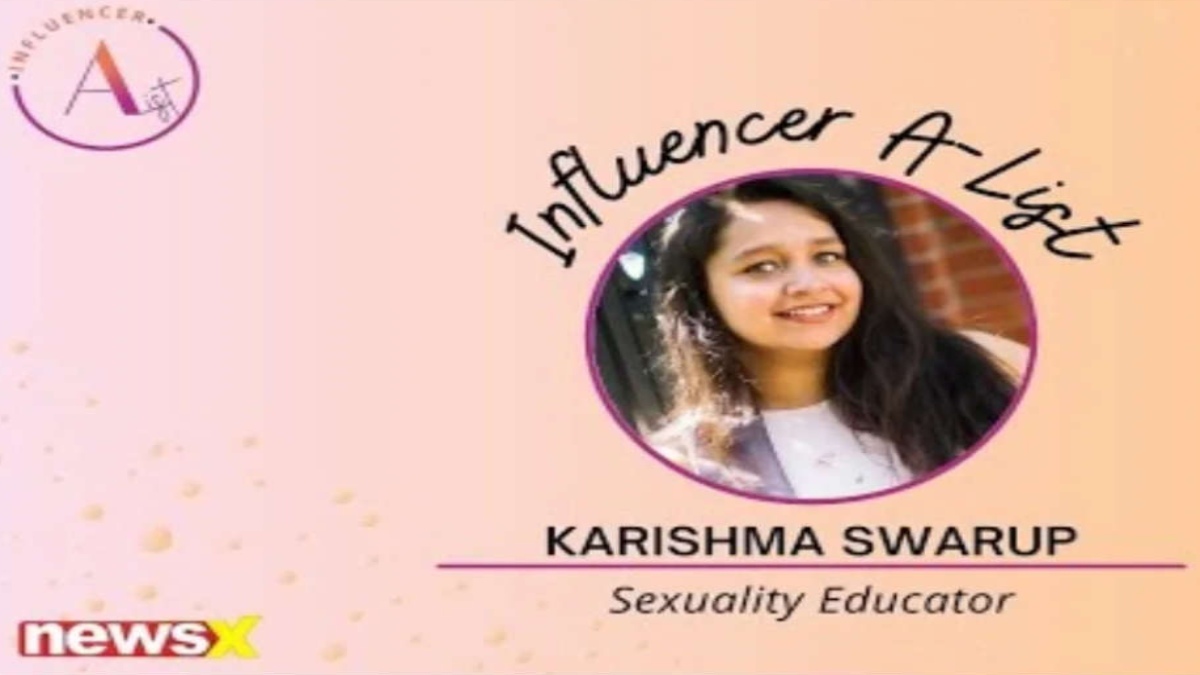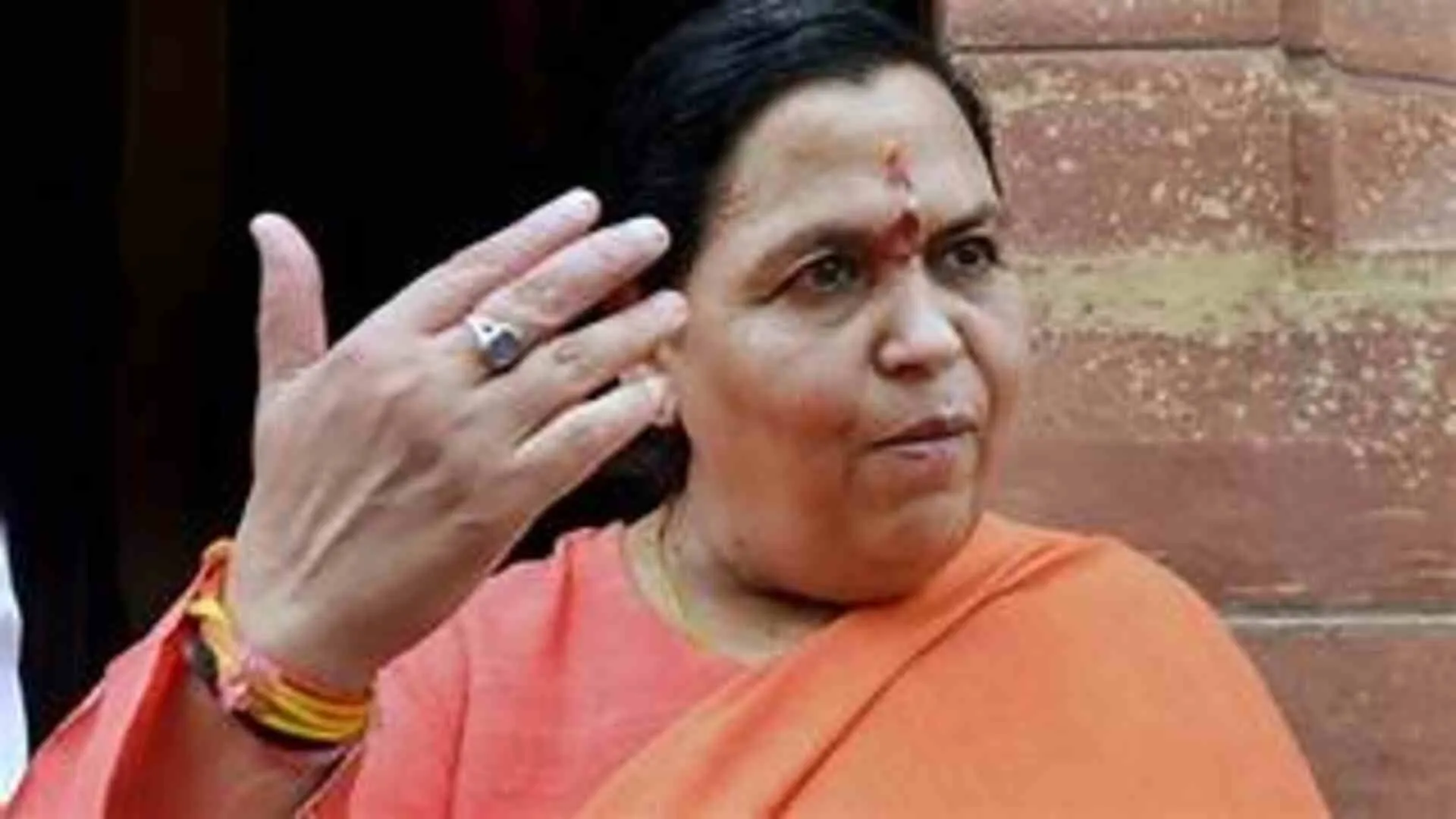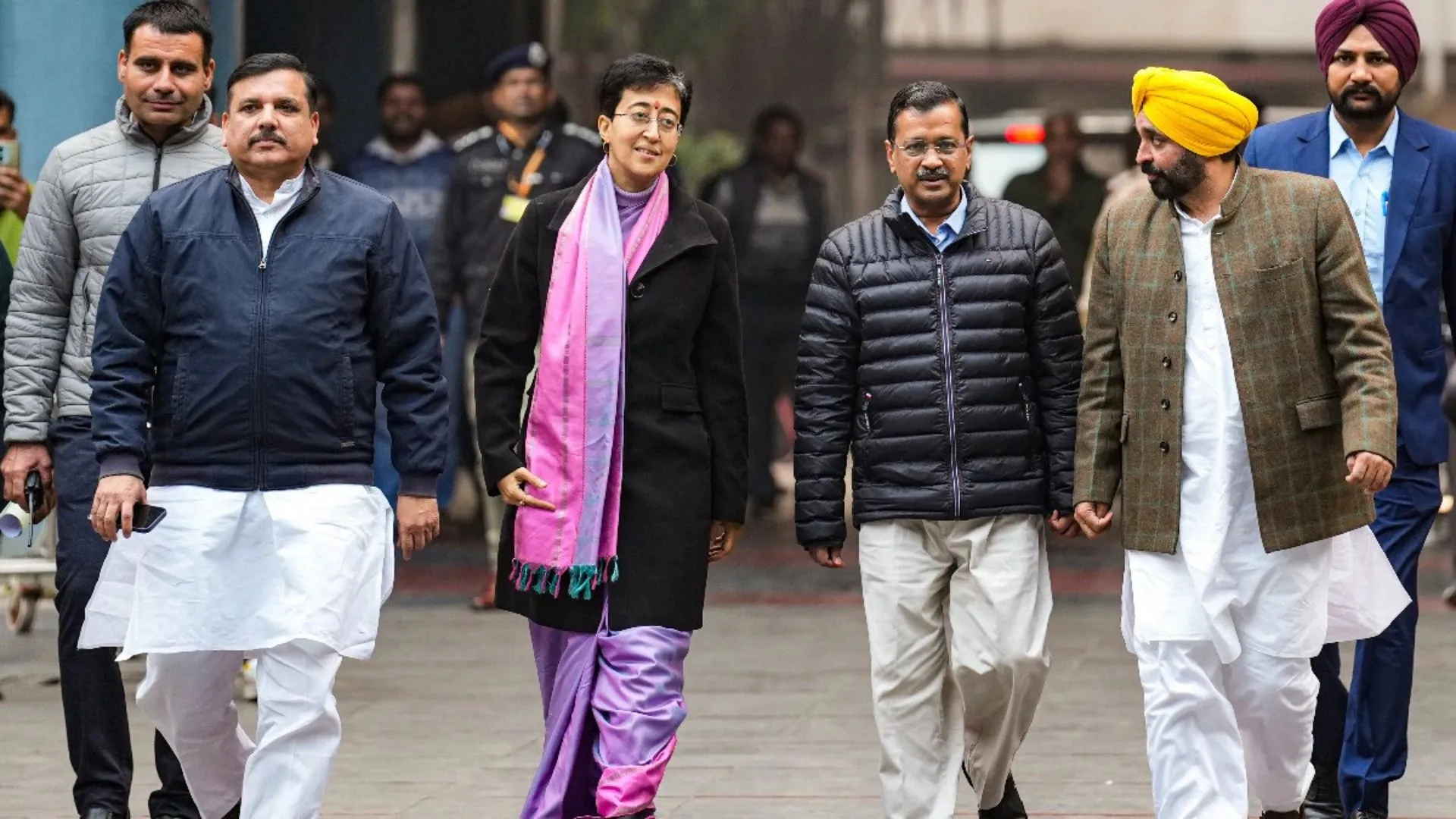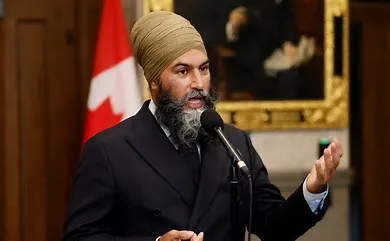Karishma Swarup, Sexuality Educator, recently joined NewsX for an insightful chat as part of NewsX Influencer A-List. In the exclusive conversation with NewsX, Karishma opened up about sexual education, what comes in its ambit, whether it is important to have a degree in sexual education to be able to teach it and much more.
Speaking about what exactly comes under the ambit of sexual education, Karishma said, “I feel like in India today, we don’t have a standardised sex education curriculum that is applied across schools, so a lot of people have misconceptions around what sex education even means. People seem to think that just talking about biology pieces that they studied in biology class might be considered sex education, but in reality, sex education is so much more than that. It involves biology but in the context of understanding anatomy. Understanding and not the teacher being like, oh! This is out of syllabus. Being able to discuss what are your body parts, how do those body parts function, whether or not it’s in a sexual situation. Right, so that is the first piece of it, just the anatomy bit of it.”
The second piece is, of course, the sexual health piece of it. That involves contraceptives, how condoms work and how to prevent STI transmissions. Just generally how to be safe and have safer sex. You cannot have any conversation about sex without talking about consent and consent is something that we talk about in the context of abuse but not necessarily in the context of teaching people what is the correct way of having a healthy relationship, what is the correct way to ask for consent in a certain situation. All of this is also influenced by things like gender and people’s personal identities. Good comprehensive sexuality education takes into consideration what are the different ways and aspects people are bringing into their experience of sexuality. So, that could include the LGBT community, it includes one’s gender. It can also include other intersections such as how does your class or other religion influences you, how you relate to other concepts so comprehensive sexuality or CSE is this holistic picture that goes so much more than telling young people to have sex and if anything the countries where they offer CSE at an early age young people tend to delay their onset of sexual activity rather than doing it earlier,” she added.
Talking about your educational background and whether or not from where you see it it is important to have a degree in sexual education to be able to teach it, Karishma stated, “I myself have done science my whole life. I did science in school. I did those biology classes, I was referring to. I went and studied geology biology while I was at Brown University as well. A large bulk of my learning came from working with this NGO named Plant Parenthood, which is a really big organisation in the US that offers different sexual health and reproductive health services including sex ed. I was a part of a student organisation there, we went out and taught sex ed to high students in the area. Working with them, I got 3 years of field experience. I got trained by this NGO, which had years and years of grass-root teaching experience and i think it goes beyond the question of having a degree especially with sexual health. It is a topic that is so widely ignored around the world, in most places really like, it is a question of who is doing it.




















